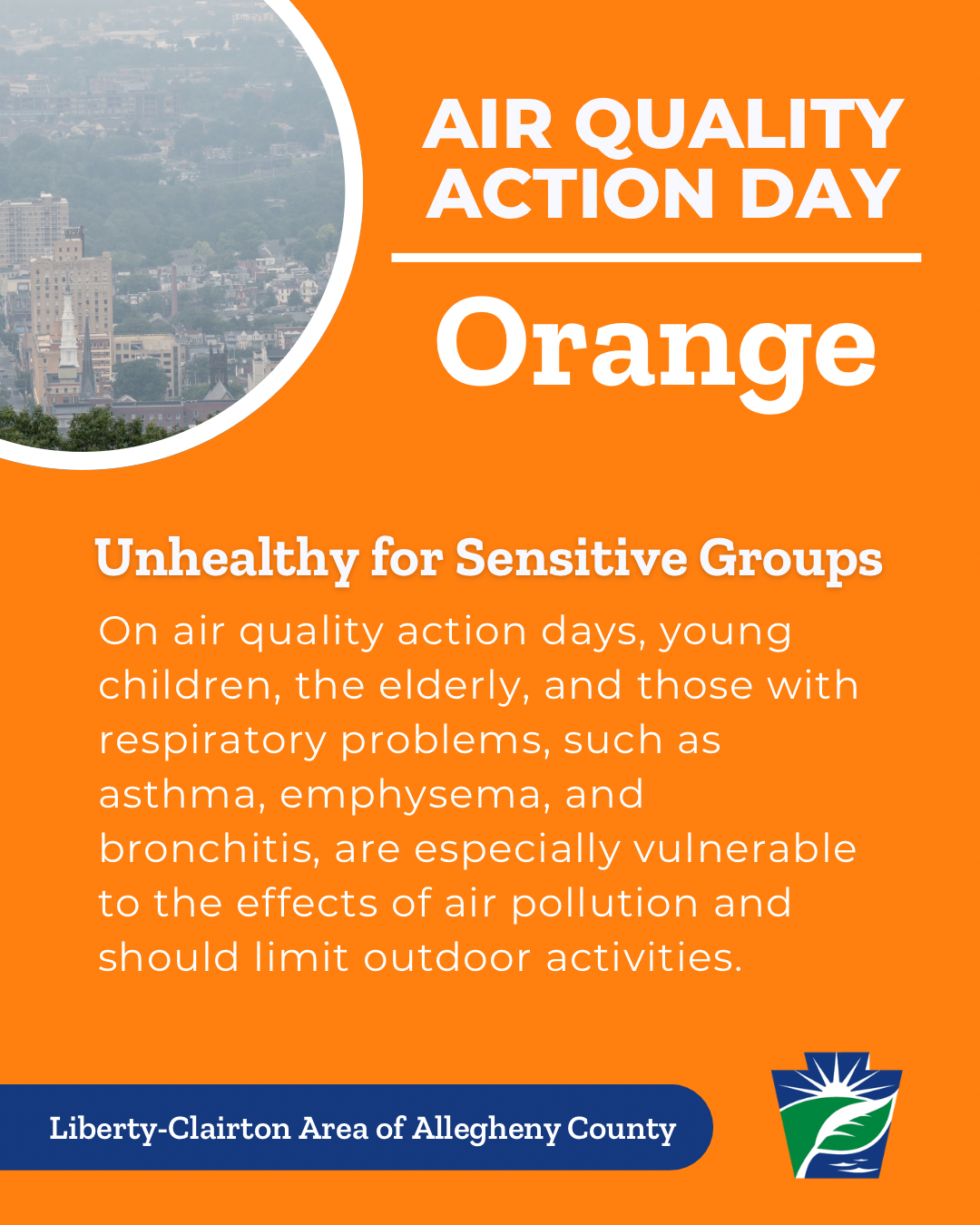In Germany, AI-powered rubbish trucks scan for waste in the wrong bin – Yahoo

Report on Advanced Waste Management in Reutlingen and its Contribution to Sustainable Development Goals
Introduction: Aligning Municipal Waste Management with Global Sustainability Targets
Effective municipal waste management is a critical component in achieving several United Nations Sustainable Development Goals (SDGs). Germany’s comprehensive waste separation system is a foundational strategy for advancing SDG 12 (Responsible Consumption and Production) by promoting recycling and reducing landfill waste. However, the efficacy of such systems is often compromised by improper waste disposal, particularly the contamination of organic waste streams. This contamination directly hinders progress towards SDG 11 (Sustainable Cities and Communities), which calls for improved municipal waste management, and undermines efforts related to SDG 13 (Climate Action) and SDG 15 (Life on Land) by preventing the creation of high-quality compost. This report examines an innovative technological intervention in the German city of Reutlingen designed to address this challenge.
The Challenge: Contamination in Organic Waste Streams
The separation of organic waste is crucial for sustainable urban living. When properly composted, it reduces greenhouse gas emissions from landfills and creates a valuable resource for soil enrichment. However, persistent contamination presents a significant barrier.
- Common Contaminants: Items frequently and incorrectly disposed of in organic waste bins include plastic bags, diapers, and batteries.
- Impact on Sustainability Goals: This practice defeats the purpose of organic waste collection, directly impeding the objectives of SDG 12.5 (substantially reduce waste generation through recycling). Contaminated organic material cannot be processed into compost, thus failing to contribute to soil health as envisioned by SDG 15.3 (combat desertification and restore degraded land and soil).
Case Study: Reutlingen’s Technological and Policy Intervention
To enhance its contribution to national and global sustainability targets, the city of Reutlingen has implemented a high-tech monitoring and enforcement system.
Technological Solution: AI-Powered Waste Analysis
The city has equipped its waste collection vehicles with advanced systems to ensure compliance and improve the quality of recyclables, a key step towards creating the circular economies promoted by SDG 12.
- AI-Powered Cameras and Sensors: These systems are installed on rubbish trucks to automatically detect non-compostable items like plastic within organic waste bins, either before or during the collection process.
- Evidence-Based Enforcement: The AI captures photographic evidence of contaminants, providing a robust basis for enforcing waste separation regulations. This data-driven approach strengthens municipal governance, aligning with the principles of SDG 11.
Enforcement and Public Engagement Strategy
A multi-tiered feedback and penalty system has been established to drive behavioral change among residents.
- Tagging System: A color-coded tag system provides direct feedback to households. Green tags indicate correct separation, yellow tags suggest a need for improvement, and red tags signify significant contamination, resulting in the bin not being emptied.
- Financial Penalties: For persistent non-compliance, financial measures are applied.
- Fines of €105 have been issued to approximately 120 individuals.
- A special collection and manual sorting fee, ranging from €65 to €84, is charged for severely contaminated bins, primarily from multi-family residences. These costs are passed on to residents via property management companies.
Results and Impact on Sustainable Development Goals
The initiative has yielded significant positive results, demonstrating a direct and measurable contribution to sustainability objectives.
Quantitative Improvements
The city reported a dramatic reduction in the contamination rate of organic waste bins.
- The proportion of flagged bins dropped from 21% to under 7% between January and mid-April.
- By the end of April, the rate of complaints had fallen further to just 3%.
Contribution to SDGs
These outcomes represent tangible progress towards key SDG targets:
- SDG 11 (Sustainable Cities and Communities): The program enhances the efficiency and sustainability of municipal waste management (Target 11.6), making the city cleaner and more environmentally responsible.
- SDG 12 (Responsible Consumption and Production): By ensuring a cleaner stream of organic waste, the initiative substantially improves recycling and composting rates, directly supporting the goal of reducing waste generation (Target 12.5).
- SDG 13 (Climate Action) & SDG 15 (Life on Land): The improved quality of collected organic material allows for effective composting, which reduces methane emissions from landfills and produces nutrient-rich soil improvers, contributing to climate mitigation and the restoration of terrestrial ecosystems.
1. Which SDGs are addressed or connected to the issues highlighted in the article?
The article discusses a city’s efforts to improve waste management, specifically the separation of organic waste. This initiative directly connects to the following Sustainable Development Goals (SDGs):
-
SDG 11: Sustainable Cities and Communities
This goal aims to make cities and human settlements inclusive, safe, resilient, and sustainable. The article’s focus on the city of Reutlingen implementing a high-tech system to manage municipal waste is a clear example of an action taken to improve the urban environment and make the city more sustainable.
-
SDG 12: Responsible Consumption and Production
This goal is about ensuring sustainable consumption and production patterns. The core issue in the article—the improper disposal of non-compostable items in organic waste bins—is a problem of consumption and waste generation. The city’s program to enforce correct waste separation is a direct effort to improve recycling (composting is a form of recycling organic matter) and reduce waste contamination, which are key components of this goal.
2. What specific targets under those SDGs can be identified based on the article’s content?
Based on the article’s focus on municipal waste management and recycling, the following specific targets can be identified:
-
Target 11.6: Reduce the environmental impact of cities
The full target is to “By 2030, reduce the adverse per capita environmental impact of cities, including by paying special attention to air quality and municipal and other waste management.” The initiative in Reutlingen, which uses AI-powered cameras to ensure proper separation of compostable waste, is a direct action aimed at improving “municipal and other waste management.” By preventing contamination of organic waste, the city improves the quality of compost and the efficiency of its waste management system, thereby reducing its overall environmental impact.
-
Target 12.5: Substantially reduce waste generation
The full target is to “By 2030, substantially reduce waste generation through prevention, reduction, recycling and reuse.” The article details a system designed to improve the “recycling” of organic waste. Correctly separating organic materials for composting prevents them from ending up in landfills and ensures that non-compostable items (like plastic) are channeled into their proper recycling streams. The enforcement mechanism described—fines and special collection fees—is designed to change residents’ behavior to align with recycling goals, thus contributing to the substantial reduction of improperly managed waste.
3. Are there any indicators mentioned or implied in the article that can be used to measure progress towards the identified targets?
Yes, the article provides several quantitative indicators that can be used to measure the success of Reutlingen’s waste management program and its progress towards the identified targets.
-
Rate of Waste Contamination
This is the most direct indicator mentioned. The article states, “From January to mid-April, the proportion of bins flagged for contamination dropped from 21% to under 7%.” It further adds, “Since the end of April, complaints have fallen to 3%.” This percentage drop is a clear, measurable indicator of improved waste separation and management, directly tracking progress for Target 11.6 and Target 12.5.
-
Number of Enforcement Actions
The article provides data on the enforcement of the new rules, which serves as an indicator of the program’s implementation and the scale of the initial problem. It mentions that “around 120 people have received fines of €105 each” and “about 50 organic waste bins from multi-family homes and residential complexes are now regularly sent for manual sorting.” These numbers can be tracked over time to see if enforcement actions decrease as compliance increases.
-
Adoption of Technology for Waste Management
The use of “AI-powered cameras that can identify contaminants” on rubbish trucks is an indicator of the means of implementation. The deployment of such technology demonstrates a city’s investment and commitment to improving waste management systems, which is a qualitative indicator of progress towards creating a more sustainable city (SDG 11).
4. Table of SDGs, Targets, and Indicators
| SDGs | Targets | Indicators |
|---|---|---|
| SDG 11: Sustainable Cities and Communities | Target 11.6: By 2030, reduce the adverse per capita environmental impact of cities, including by paying special attention to air quality and municipal and other waste management. |
|
| SDG 12: Responsible Consumption and Production | Target 12.5: By 2030, substantially reduce waste generation through prevention, reduction, recycling and reuse. |
|
Source: yahoo.com
What is Your Reaction?
 Like
0
Like
0
 Dislike
0
Dislike
0
 Love
0
Love
0
 Funny
0
Funny
0
 Angry
0
Angry
0
 Sad
0
Sad
0
 Wow
0
Wow
0















































































